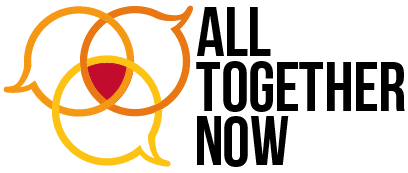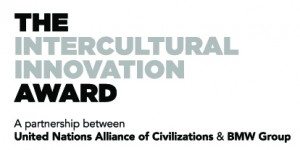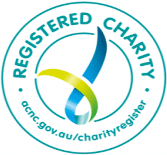Over 200 years have passed since European colonisation and still Australia’s Indigenous population remain unequal to that of the rest of the society in education. It is time for Australia to recognise this inequality and for society and its politicians to make proactive conscious efforts to rectify the problem. Statistics in 2007 showed that within the Northern Territory communities First People children from ages 5 to 17 years were failing numeracy and literacy tests. Results released in 2014 shows that not much progress has been made through government intervention with Indigenous children still 40-60% below the minimum reading standards. We must question why this is the case for the Indigenous population and how to solve this problem.
Institutionalised educational inequality:
Most of the problems, specifically relating to remote areas of education, are mostly due to poor teacher quality. Teachers often fresh out of university have been settled in remote communities on incentives and higher pay. Teachers would often not attend the schools in remote communities meaning that the days of school would be inconsistent and vary. It is important when receiving high quality education that students have quality teachers, quality resources and regular days of schooling. Naturally, the failure for the government to provide such quality in the past has led to a lot of doubt and mistrust from parents of students and community leaders. This then leads to students consistently not attending days when a teacher is provided. The community feels highly neglected and this is most likely due to institutionalised views towards Indigenous students.
A report produced in 2007 by Helen Hughes for the Centre of Independent Studies stated the important premise that Indigenous children were thought to be unable to meet standards for school because they come from a nomadic community lifestyle. However, educational success in some remote community schools belies this point and shows there is a clear institutionalised attitude that Indigenous children are not worth educating to the same standard as members of any other community which leaves us unable to build on existing success and best-practice examples. This inequality amongst Indigenous and non-Indigenous students’ standard in education will continue if the government and society do not change their attitudes towards the Indigenous population.
Combating educational inequality:
A positive way to move forward would be for the government to recognise Indigenous languages and for the Indigenous community to then formalise the teaching of their native languages alongside English. This would be a great step towards a true acknowledgement and recognition of the First People of Australia. Just as we teach languages such as Mandarin, Indonesian, Italian, Japanese or Arabic at schools across Australia in a formal manner the Australian education system must afford the same rights to Indigenous languages. Australia would be highly enriched by adopting a bilingual schooling approach as such places as French-Canada, Belgium, Switzerland, South Africa, and India.
Why acknowledgement is important:
Language is a key to the preservation of culture and the loss of a cultural identity amongst a community can cause adverse social effects. Depression in Indigenous populations is very high, and this has been a highlight amongst the Beyond Blue campaign against racism, launched earlier this year. Ridgeway, former Indigenous MP and Ghil’ad Zuckermann a historical linguist both make it clear that through the preservation, understanding and acknowledgement of indigenous languages it will increase cultural identity in the First people communities. This acknowledgement gives stability and reassurance of identity and existence which in turn leads to better mental health and social wellbeing.
For a better, stronger and culturally equal Australia it is imperative that as a society we move forward positively over the coming decade as we question what it means to be Australian. This begins with the right education for all.


